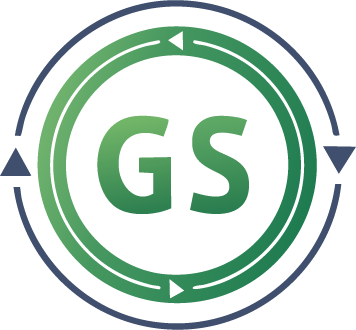DevOps Transformation
GangesSoft can help streamline your software development lifecycle through our expert DevOps practices. By fostering collaboration and automation, we accelerate delivery, enhance efficiency, and improve the reliability of your applications. Our tailored DevOps solutions ensure continuous integration, continuous delivery, and infrastructure management, enabling you to respond quickly to market demands and achieve faster time-to-value.
DevOps Transformation (CI/CD)
Strengths
Leverage GangesSoft to accelerate your software delivery with our DevOps transformation expertise. We streamline your development lifecycle through automation and collaboration, boosting efficiency and reliability. Our tailored solutions ensure continuous integration and delivery, enabling rapid response and faster value realization.
Deep Understanding of DevOps Principles and Practices
- Comprehensive knowledge:
- Agile methodologies:
- DevOps culture:
Mastery of DevOps concepts, including continuous integration (CI), continuous delivery (CD), infrastructure as code (IaC), and automation.
Proficiency in agile development frameworks like Scrum and Kanban to foster collaboration and flexibility.
Understanding the importance of fostering a DevOps culture that promotes collaboration, shared responsibility, and continuous improvement.
Tailored Transformation Strategies
- Assessment and analysis:
- Customized roadmaps:
- Phased implementation:
Conducting thorough assessments to identify existing pain points and opportunities for improvement.
Developing tailored DevOps transformation plans aligned with specific business goals and objectives.
Implementing changes in a controlled and iterative manner to minimize disruption and maximize benefits.
Automation and Toolchain Expertise
- Infrastructure as code:
- CI/CD pipelines:
- Configuration management:
Proficiency in tools like Terraform, Ansible, or CloudFormation for automating infrastructure provisioning and management.
Expertise in building and maintaining CI/CD pipelines using tools like Jenkins, GitLab CI/CD, or Azure DevOps.
Utilizing tools like Puppet, Chef, or Ansible for automating configuration management tasks.
Cloud Migration and Optimization
- Cloud expertise:
- Migration strategies:
- Cloud optimization:
Deep understanding of cloud platforms and their capabilities for DevOps transformation.
Developing effective strategies for migrating existing applications and infrastructure to the cloud.
Identifying opportunities to optimize cloud resource utilization and costs.
Quality Assurance and Testing
- Shift-left testing:
- Test automation:
- Performance testing:
Integrating testing early in the development process to catch defects sooner.
Implementing automated testing frameworks to improve efficiency and coverage.
Conducting performance testing to ensure applications meet scalability and performance requirements.
Collaboration and Communication
- Cross-functional teams:
- Effective communication:
- Knowledge sharing:
Fostering collaboration between development, operations, and other stakeholders.
Implementing clear communication channels and practices to ensure alignment and transparency.
Promoting knowledge sharing and continuous learning within the organization.
Measurable Results and ROI
- Key performance indicators (KPIs):
- ROI analysis:
- Continuous improvement:
Defining and tracking relevant KPIs to measure the success of DevOps transformation.
Demonstrating the tangible benefits of DevOps transformation, including reduced time-to-market, improved quality, and increased efficiency.
Fostering a culture of continuous improvement and innovation to drive ongoing value.
